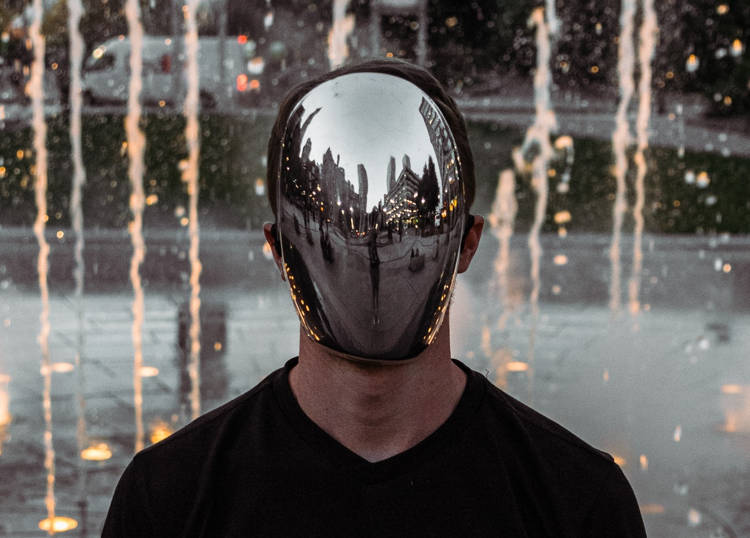Can you imagine looking in the mirror and not recognizing the person staring back at you. That’s what Lena, a 29-year-old Russian woman suffering from prosopagnosia, a rare condition that makes it impossible to recognize faces, including her own.
Lena Ash only learned that she was suffering from prosopagnosia last year. Before that, she had always tried to convince herself that she wasn’t simply slower than other people. Even as a child, Lena had problems recognizing faces, and talking to her parents about it didn’t really help. She doesn’t blame them for it, as they didn’t even know such a condition existed, and it’s not like they could simply google her symptoms back then. Not even the neurologists she went to for her headaches, migraines, low blood pressure and nausea could figure out the cause of her health problems, and this all made her feel ashamed of herself.

Photo: Alex Iby/Unsplash
The 29-year-old woman recently sat down with Bright Side for an interview about her unusual condition, as now that she knows the cause of her “facial amnesia” she wants to let other sufferers know that they are not alone.
When she is talking to someone, Lena can see their face very clearly, but as soon as they leave her field of view, she forgets what they look like. While most of our brains are programmed to create a memory of people we meet, which helps us recognize them easier than we do other things, hers doesn’t create memories for people’s faces, or even her own.
“I use some life-hacks to recognize my own face,” Lena Ash said. “When I look in the mirror or at a photo of myself, I understand who is in front of me by the mole above the eyebrow, the shape of my hairline, by the scar on my chin and the shape of the nose. I know my facial feature and can keep them in my head.”
View this post on Instagram
She does the same for other people she meets, trying to focus on certain irreplaceable features, like noticeable moles, scars, tattoos, or crooked noses. She tries not to focus on clothes or even facial hair, as this can be really confusing. For example, her husband with and without a beard looks like two completely different people to her.
The young Russian woman says that she has taught herself to recognize people’s voices in order to tell them apart. While most humans remember people’s faces best, she makes memories of their voices, as this is the most accurate feature she can rely on. For example, when picking up her son from kindergarten, it really helps that he yells ‘mom!’ when he sees her. He also has a bright orange backpack that helps Lena tell him apart.
Living with prosopagnosia isn’t easy, Lena admits. Scenarios that most of us consider normal, like an acquaintance or an old schoolmate approaching you on the street to chat, are awkward for a person with facial agnosia, because she simply can’t recognize the person talking to her.
View this post on Instagram
“Some people consider me arrogant, because I do not greet them when we pass by each other on the street, but I just don’t recognize them,” Lena said. “Some people don’t believe me when I tell them about my condition, while others are understanding and ask me how I live without being able to recognize faces.”
Luckily, Lena has managed to find a bright side to living with face blindness. She doesn’t associate people’s faces with negative memories. For example, when she worked as a sales clerk and had to deal with difficult customers who swore and offended her, she wouldn’t even remember them if they came back the next day, wearing different clothes.
Prosopagnosia has no cure, or treatment, and sufferers can only rely on a series of techniques for improving the memory and fine motor skills in order to develop the hemisphere that is responsible for facial recognition. However, these techniques don’t work for everyone.
View this post on Instagram
“I wish doctors came up with a solution that at least stabilizes my condition, if not cure it,” Lena Ash said. “For example, my memory is deteriorating: every year I revisit the Harry Potter films and it feels like I am watching them for the first time. As if I had only watched the trailer before, and not the whole movie. Also, my vision is deteriorating, and I do not know what will happen to me tomorrow. I’m afraid that in 10 years I won’t be able to recognize anyone at all.”






